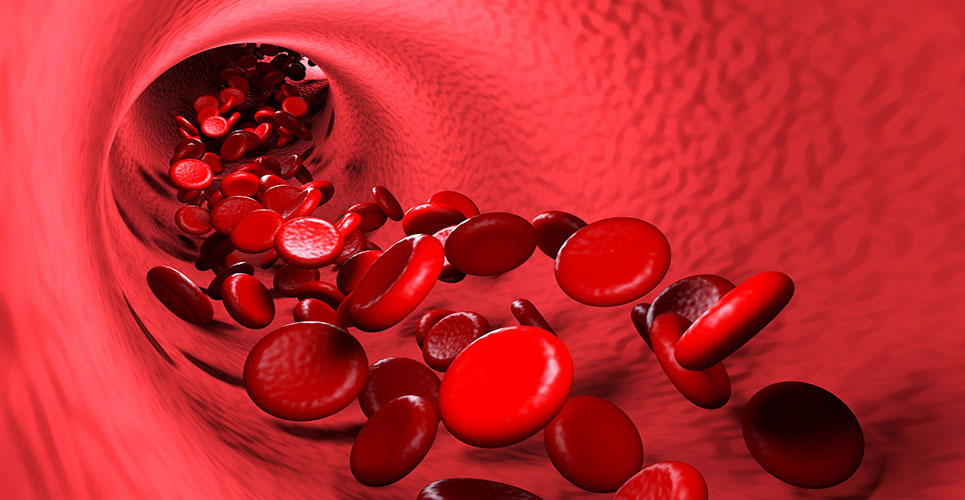teaser
The risk of dangerous blood clots could be increased when taking antipsychotic drugs, a report revealed on Tuesday.
The British Medical Journal (BMJ) has published a study that looked at people who took the “typical” antipsychotics (also called conventional antipsychotics), alongside newer “atypical” drugs developed in the 1990s.
Researchers found that although both drugs increased the chance of clots, those on the new type were at a higher risk.
The data was gathered from more than 25,000 people who suffered blood clots. Almost 16,000 of these had deep vein thrombosis and just over 9,000 suffered a clot on the lung. Ninety thousand acted as a control group.
The results showed that people who had taken antipsychotic drugs in the last two years had a 32% greater risk of any type of blood clot, while new patients who had started a drug in the previous three months were twice as much at risk.
Risks were also three times higher for people prescribed atypical drugs, compared with conventional treatments.
But overall the danger of a clot remained small, with four extra cases estimated per 10,000 patients treated over the course of one year.
For people aged 65 and over, the number of extra cases was estimated at 10.
According to the Medicines and Healthcare products Regulatory Agency (MHRA), the following atypical antipsychotics are licensed for use in the UK: amisulpride (brand name Solian), aripiprazole (Abilify), clozapine (Clozaril, Denzapine), olanzapine (Zyprexa), paliperidone (Invega), risperidone (Risperdal, Risperdal Consta) and zotepine (Zoleptil).
Copyright Press Association 2010

